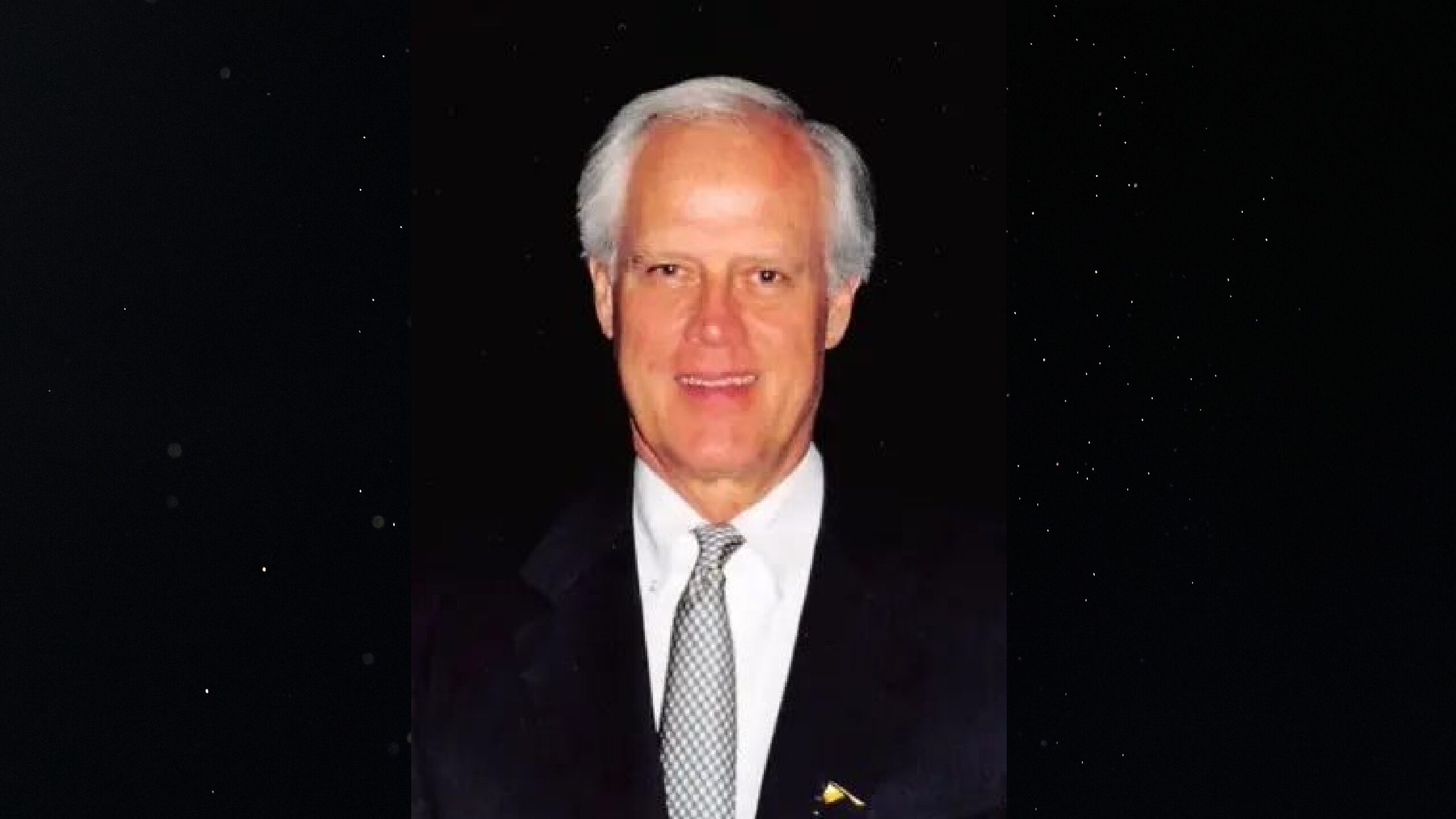The Political Life and Impact of George L. Atkins Jr.
George L. Atkins Jr., a distinguished figure in Kentucky’s political landscape, passed away at the age of 82 on April 14. Though his political career was relatively short, spanning just ten years, Atkins was a crucial figure in modernizing Kentucky politics. He addressed critical issues such as the influence of big businesses, public calls for reform, media impacts, and ethical challenges in public service, leaving a significant mark on the state’s political fabric.
Career Milestones and Challenges
Atkins began his political journey at the University of Kentucky, where he was not only a student but also a basketball player under the famous coach Adolph Rupp. His knack for politics became apparent in his early thirties when he served first as the appointed and then the elected mayor of Hopkinsville. In 1975, he became the state auditor, a role in which he notably exposed corruption within the administration of Democratic Governor Julian Carroll, which later became a pivotal element of his political narrative. His reputation for candidness and integrity propelled him to significant roles within the state government, including positions as finance secretary and cabinet secretary under Governor John Y. Brown Jr.
Reflections on a Complex Legacy
The latter part of Atkins’ career was marred by controversy, notably a bribery scandal involving Humana and state legislators, which culminated in a conviction for mail fraud. This episode highlighted the ethical pitfalls that can beset public figures and served as a sobering reminder of the complexities of political life. Despite these challenges, Atkins’ influence resonated in the careers of successors like Steve Beshear, who acknowledged Atkins’ impact on his own political development. Atkins’ life story offers a nuanced lesson on the interplay between power and ethical governance, urging current and future leaders to prioritize integrity alongside ambition.
